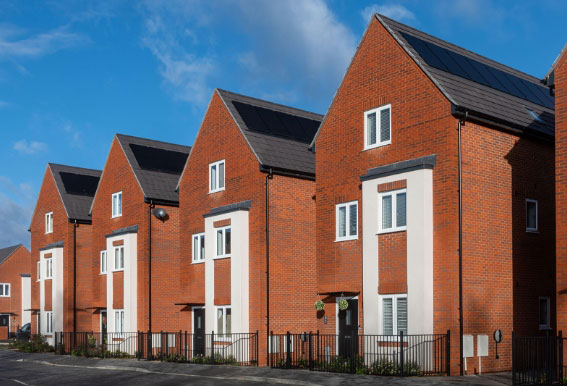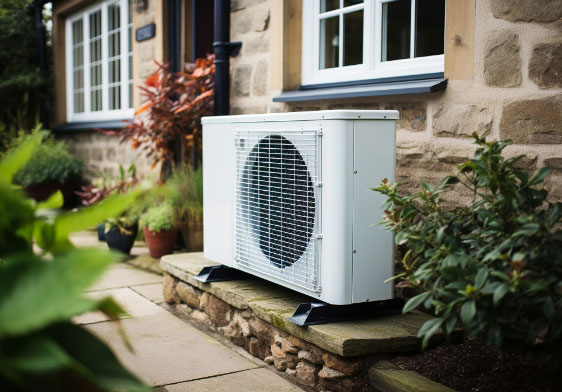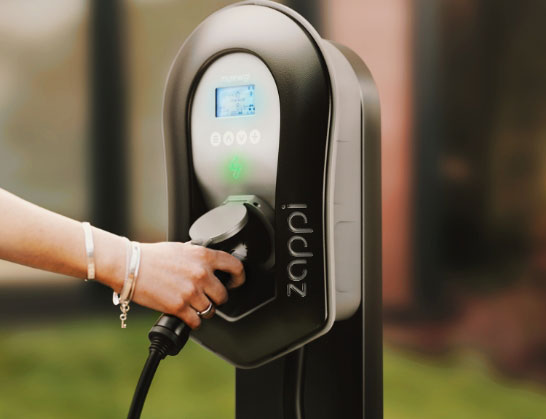Unlocking the Benefits of Solar Panels for Sustainable Home Energy Solutions
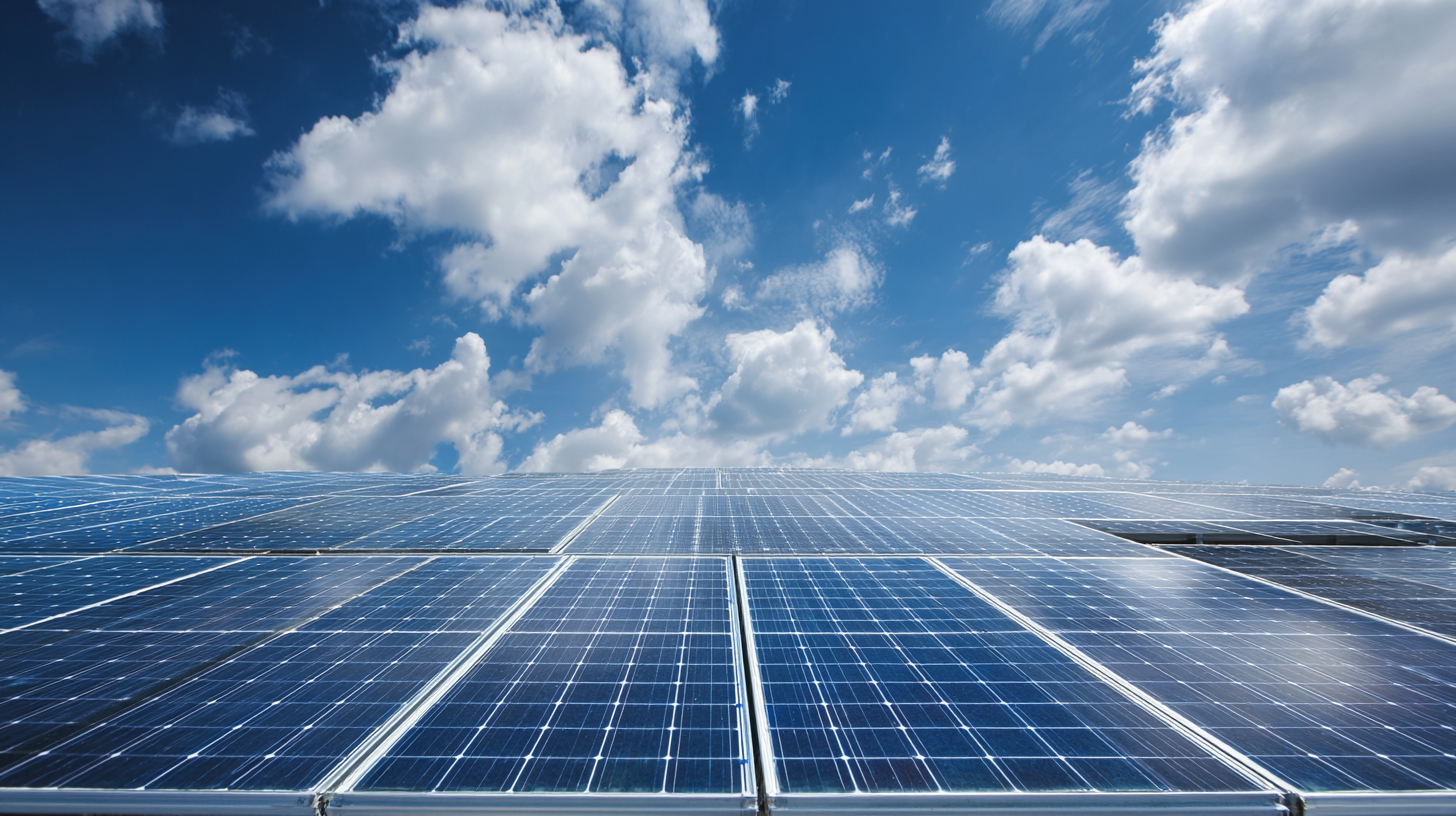 As the global shift towards renewable energy accelerates, "Solar Panels for House" have emerged as a pivotal solution for homeowners seeking sustainable energy alternatives. According to the International Renewable Energy Agency (IRENA), solar energy could potentially provide up to 90% of the world's electricity by 2050, significantly reducing carbon emissions and dependence on fossil fuels.
Additionally, a report from the U.S. Department of Energy indicates that solar panel installations can decrease electricity bills by an average of 20% to 50%, depending on location and energy consumption patterns.
With advancements in technology and decreasing installation costs, integrating solar panels into home energy systems not only promotes environmental sustainability but also enhances the financial viability of residential energy solutions.
As more homeowners recognize these benefits, the adoption of solar energy continues to gain momentum, paving the way for a greener, more sustainable future.
As the global shift towards renewable energy accelerates, "Solar Panels for House" have emerged as a pivotal solution for homeowners seeking sustainable energy alternatives. According to the International Renewable Energy Agency (IRENA), solar energy could potentially provide up to 90% of the world's electricity by 2050, significantly reducing carbon emissions and dependence on fossil fuels.
Additionally, a report from the U.S. Department of Energy indicates that solar panel installations can decrease electricity bills by an average of 20% to 50%, depending on location and energy consumption patterns.
With advancements in technology and decreasing installation costs, integrating solar panels into home energy systems not only promotes environmental sustainability but also enhances the financial viability of residential energy solutions.
As more homeowners recognize these benefits, the adoption of solar energy continues to gain momentum, paving the way for a greener, more sustainable future.
Understanding the Basics of Solar Panels for Your Home Energy Needs
When considering solar panels for your home energy needs, it’s essential to understand their fundamental workings and benefits. Solar panels convert sunlight into electricity, providing a sustainable source of energy that can significantly reduce your utility bills. As global awareness of clean energy grows, it's projected that the residential solar photovoltaic market will exceed $94.2 billion by 2024, with a compound annual growth rate (CAGR) of 7.9% from 2025 to 2034. This shift reflects consumers' increasing priority on sustainable energy solutions.
**Tips:** To optimize your solar panel system, consider conducting an energy audit of your home to identify your specific energy needs and usage patterns. Additionally, explore available incentives or tax credits in your area that can make solar installation more affordable, as these can substantially lower initial costs.
Moreover, advancements in energy management systems, like home energy management systems (HEMS), are enhancing the effectiveness of solar energy use. With market projections indicating a rise to $19.98 billion by 2033, integrating smart technology into your solar setup can lead to more efficient energy consumption. Regularly monitor your energy production and make adjustments to maximize your savings and sustainability.
Unlocking the Benefits of Solar Panels for Sustainable Home Energy Solutions
This chart illustrates the key benefits of solar panels for home energy solutions, showcasing energy produced, energy consumed, savings, and carbon reduction achieved through solar energy usage.
Evaluating Your Home's Suitability for Solar Panel Installation
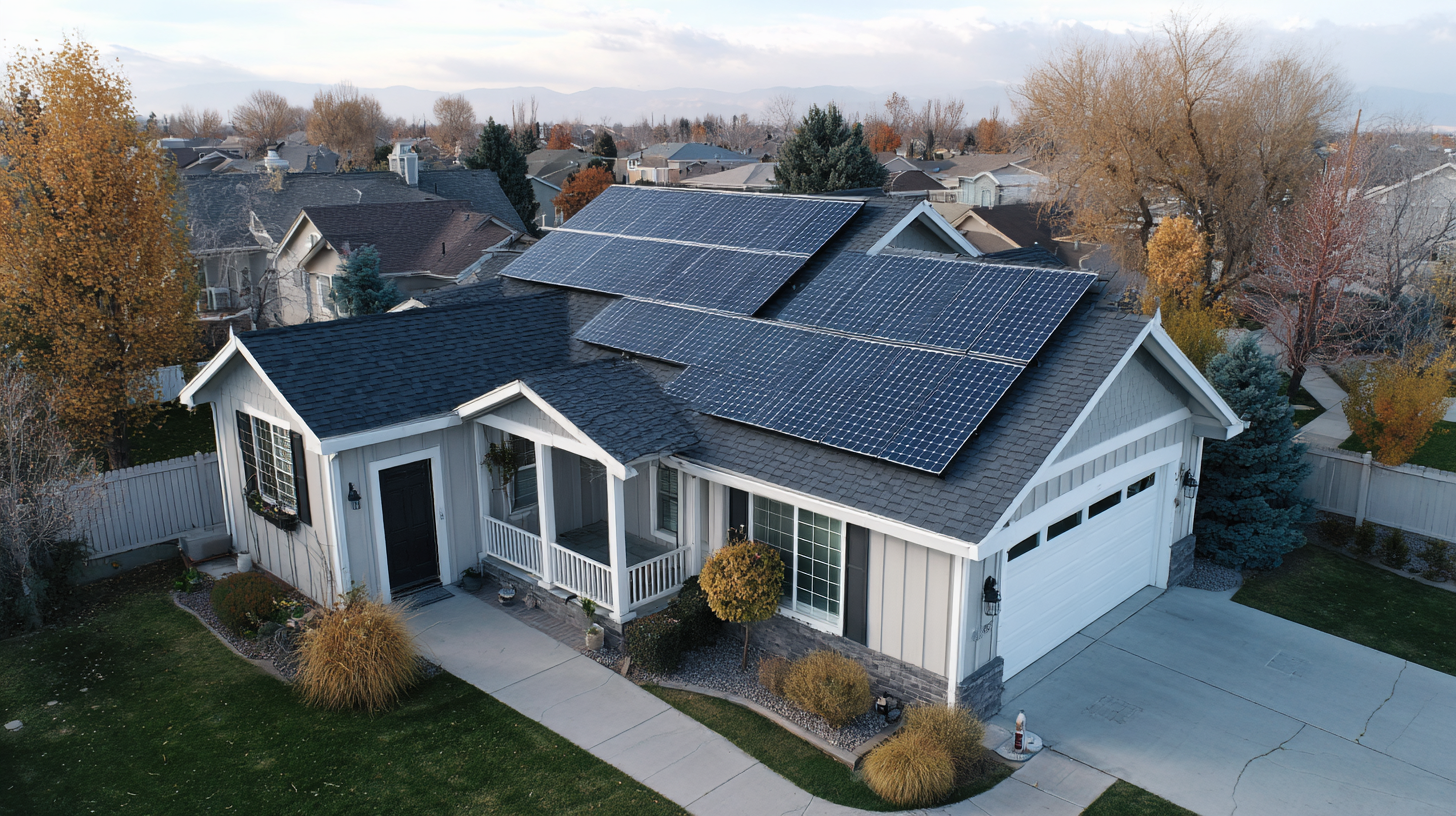 When considering solar panel installation, the first step involves evaluating your home's suitability. Various factors come into play, including roof orientation, pitch, and shading. Ideally, a south-facing roof with minimal obstructions such as trees or buildings will maximize solar exposure, allowing for optimal energy production. Conducting a shade analysis at different times of the day throughout the year can help assess how sunlight interacts with your space, thereby informing your decision.
When considering solar panel installation, the first step involves evaluating your home's suitability. Various factors come into play, including roof orientation, pitch, and shading. Ideally, a south-facing roof with minimal obstructions such as trees or buildings will maximize solar exposure, allowing for optimal energy production. Conducting a shade analysis at different times of the day throughout the year can help assess how sunlight interacts with your space, thereby informing your decision.
In addition to physical attributes, your home's energy consumption patterns should be considered. Analyzing utility bills can provide insights into your electricity usage, helping determine the size and capacity of the solar system needed for your home. Locating local solar incentives or rebates can also play a crucial role in making solar energy more affordable and appealing. Overall, taking the time to thoroughly evaluate these factors will ensure a more informed and successful transition to solar energy, paving the way for a sustainable home environment.
Choosing the Right Solar Panel System for Maximum Efficiency
When considering the transition to solar energy for your home, it is crucial to select the right solar panel system to maximize efficiency and return on investment. The best solar panels not only convert sunlight into energy effectively but are also durable and designed to withstand environmental challenges. High-efficiency models can significantly reduce your electricity bills, often saving homeowners thousands over the lifespan of the system. To choose the right panels, it's essential to evaluate performance ratings, warranties, and customer reviews to ensure that the product aligns with your energy needs and budget.
In addition to the panels themselves, you can't overlook the importance of a quality solar inverter. This device plays a vital role in converting the direct current (DC) generated by your solar panels into alternating current (AC) that can be used in your home. A good inverter will enhance the overall efficiency of your solar power system and facilitate compatibility with battery storage solutions if you're considering that route for backup energy. By focusing on high-quality components and thorough research, you can develop a solar energy solution that is not only sustainable but also economically advantageous in the long run.
Maximizing Financial Incentives and Rebates for Solar Energy
The transition to solar energy not only contributes to environmental sustainability but also offers significant financial benefits for homeowners. Many states and local governments provide incentives such as tax credits, rebates, and grants aimed at reducing the initial costs of solar panel installation. By understanding and navigating these financial incentives, homeowners can drastically lower their upfront investment and enhance their long-term savings.
In addition to government incentives, utility companies often have their own rebate programs for solar installations. These rebates can further offset installation costs, occasionally covering thousands of dollars. To maximize these benefits, it is essential to research and apply for all available programs before committing to a solar project. By leveraging financial incentives, homeowners can not only boost their savings but also encourage further adoption of renewable energy within their communities, fostering a more sustainable future for all.
Maintaining Your Solar Panels for Long-Term Performance and Reliability
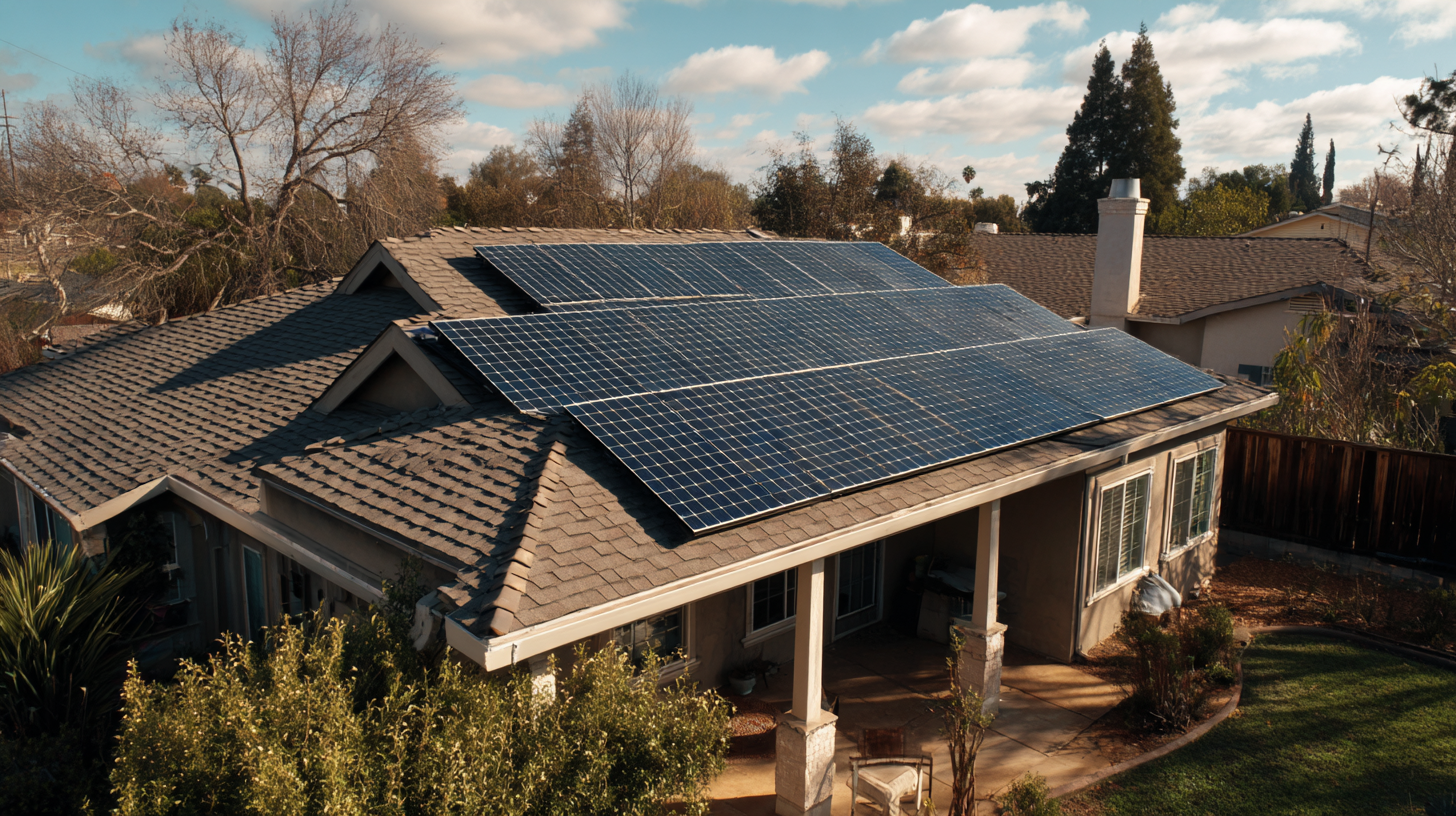 Regular maintenance is essential for ensuring the long-term performance and reliability of solar panels. Cleaning the panels to remove dust, dirt, and debris is a crucial first step. Depending on the environment, this may need to be done periodically, as dirty panels can significantly reduce energy efficiency.
Homeowners should also inspect the panels for any signs of damage, such as cracks or loose connections, which can affect performance. It’s advisable to perform these inspections at least once or twice a year, preferably after heavy storms or extreme weather conditions.
Regular maintenance is essential for ensuring the long-term performance and reliability of solar panels. Cleaning the panels to remove dust, dirt, and debris is a crucial first step. Depending on the environment, this may need to be done periodically, as dirty panels can significantly reduce energy efficiency.
Homeowners should also inspect the panels for any signs of damage, such as cracks or loose connections, which can affect performance. It’s advisable to perform these inspections at least once or twice a year, preferably after heavy storms or extreme weather conditions.
In addition to physical cleaning and inspection, monitoring the system’s performance is vital. Homeowners can use monitoring systems to track energy production and identify any anomalies. If the energy output is lower than expected, it may indicate a need for maintenance or repair. Furthermore, scheduling professional assessments can help in catching potential issues early, ensuring that the solar panels remain efficient and reliable over their lifespan.
By prioritizing these maintenance practices, homeowners can unlock the full benefits of their solar energy systems and contribute to a more sustainable future.
Related Posts
-
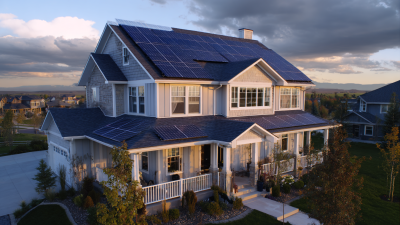
Ultimate Guide to Choosing the Best Solar Panels for Your Home in 2023 with Expert Insights
-
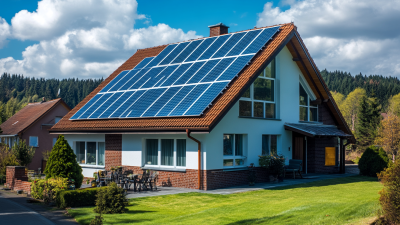
Unlocking Energy Savings: Advantages of Choosing the Best Solar Panels for Your Home
-
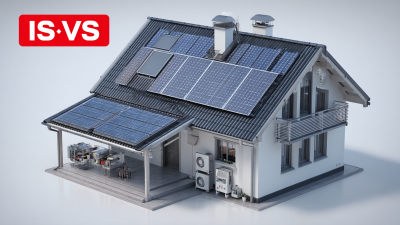
Solutions for Choosing the Best Solar Panel System for Your Home Requirements
-
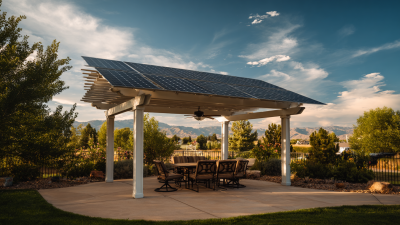
Ultimate Guide to Choosing the Best Solar Panels for Your Home: A Global Procurement Perspective
-
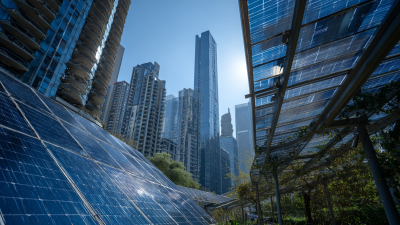
The Future of Best Pv Panels in 2025 A Comprehensive Guide to Emerging Technologies and Market Trends
-

Global Reach: Elevating Solar Energy Standards with China's Best Solar Power Solutions
